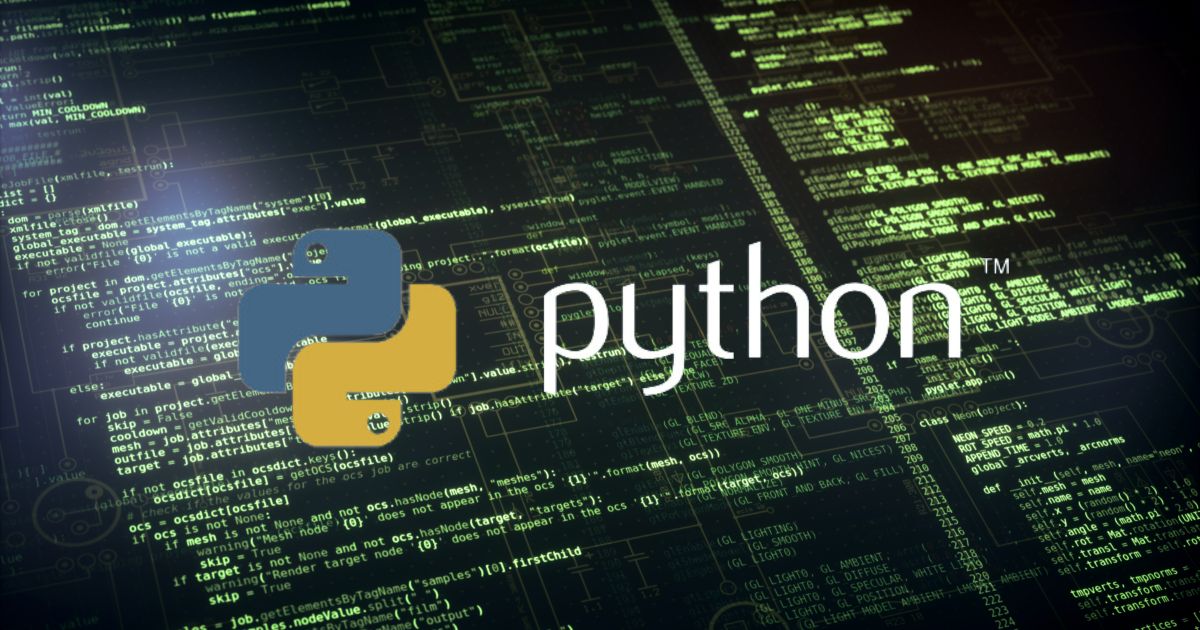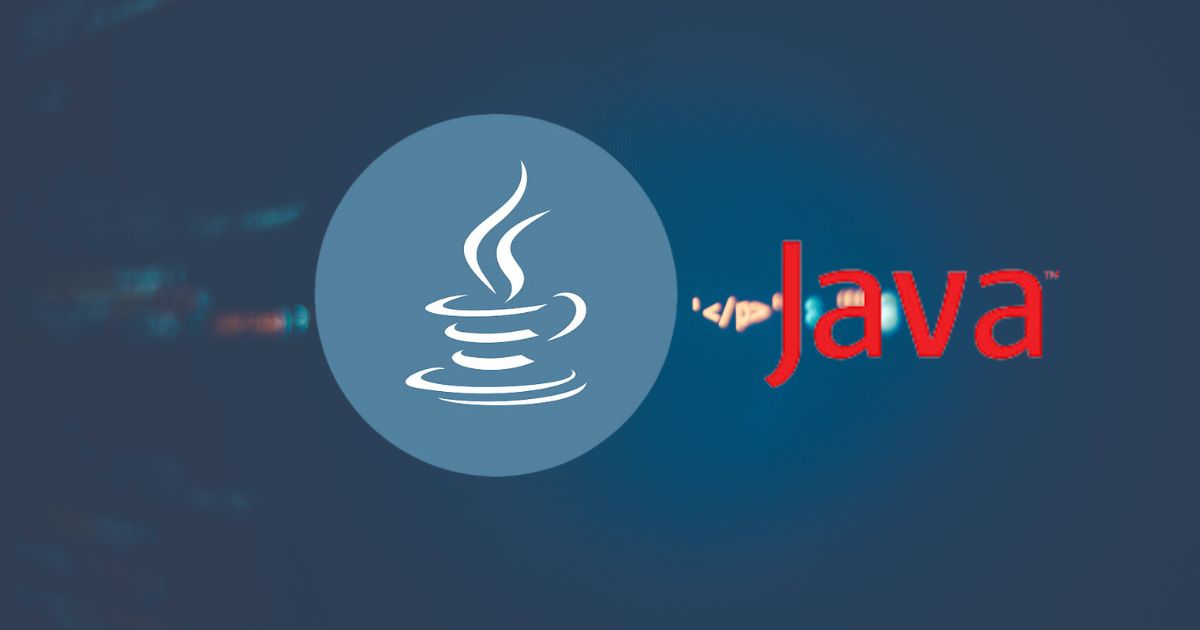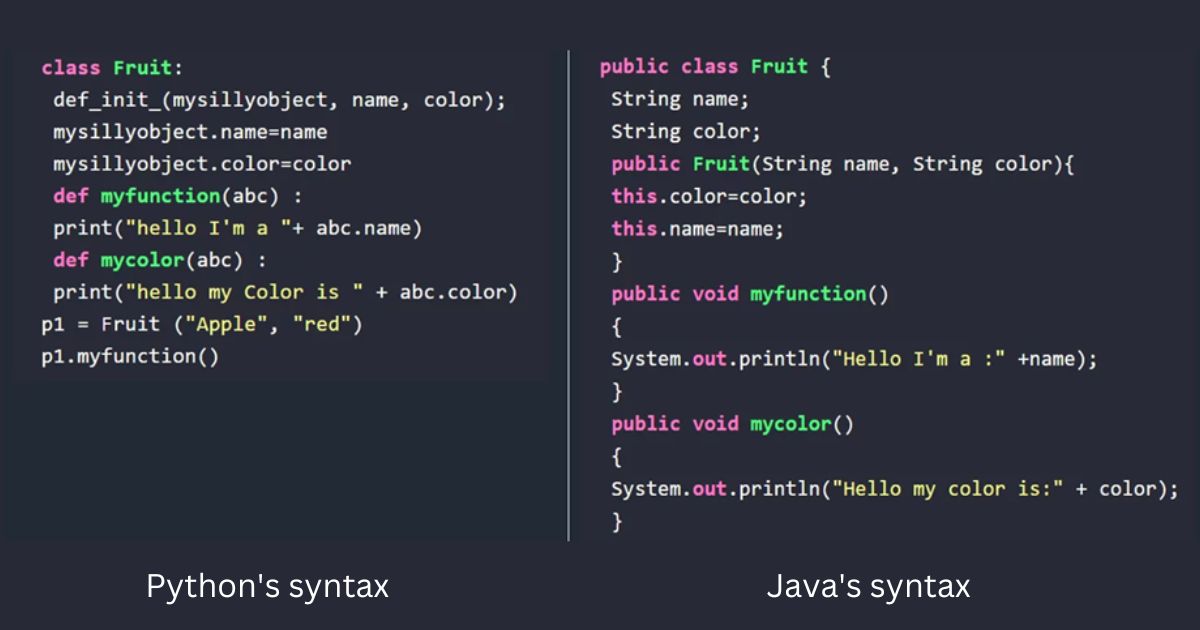Java vs Python: Main Differences & Which Language is Better?
"Technology 4.0," "Technology Era," "Digital Era," etc. are phrases you can hear or read anywhere in a society where technology is gradually creating a huge impact on the lives of each person, as well as the movement of all humanity. Many people are swept away by that technology and one of the paths that many people think of is programming. They use programming as a launching pad for the future.
To start with programming, choosing a language to “burn yourself out” with and use as a foundation – especially for “newbies” who jump in – is certainly a big deal…. Java is a beautiful choice. However, Python is rising strongly on the list of popular languages.
Let’s take a look at the following comparisons and make your own choice when deciding to follow this path, it can be Java, Python, or a language that you trust. In this article, follow the comparison between a veteran (Java) and a rising star (Python) to make the best choice for yourself.
What is Python?

Python is a high-level, easy-to-use object-oriented programming language. It allows you to work quickly, as well as integrate systems efficiently. Python was created by Guido van Rossum, and it was first released in 1991. Python is flexible and supports many programming paradigms, including OOP, functional programming, and procedural programming. The language goals are simplicity, beauty, clarity, code reusability, and code readability. The language is highly extensible and can be used to build a wide range of systems, such as:
Desktop Applications - graphic design applications, scientific applications, image processing applications, and information processing applications.
Operating System Design
Mobile Applications and Frameworks
Enterprise Resource Plans
Programming Language Development
Database Applications
Graphics
Server-based and Web-based Applications
Prototyping
Artificial Intelligence - Data Science, Machine Learning, and Deep Learning
Global Organizations Use Python
Some of the Top Organizations Running Applications on Python are:
Instagram
IBM
Netflix
Facebook
Reddit
Google
Dropbox…
Advantages of Python
Advantages of Python include:
Large community
Open source
Rich and powerful libraries
Available support
Easy to learn
User-friendly data structures
Support for object-oriented programming models
What is Java?

Java is a general-purpose programming language, statically typed (meaning that variables, functions, or operations are all pre-determined data types so they can be checked at compile time), and simultaneously, it is an object-oriented language. Java is known for its motto “WORA” (Write Once Run Anywhere), which is designed to run on any platform and with as few dependencies as possible, with the help of the Java Virtual Machine (JVM).
Java was developed by James Gosling in 1991 but first appeared in 1995. This language is simple, threaded, dynamic, scalable, secure, and high-performance with Just-in-time compilation. Java is the most popular programming language in the world today, used by more than 9 million programmers, and runs on billions of devices. Java can be used to develop a wide range of applications:
Network applications
Mobile applications
Web applications and frameworks
Operating system design
Web servers and web services
Scientific and enterprise applications
Robotics
Graphical user interfaces
Desktop applications
Global Organizations Using Java
Uber
Airbnb
Google
Slack
Netflix
Spotify
Advantages of Java
Code reusability
Speed - uses JVM for just in time compilation
Object oriented approach
Platform independent - Write once run anywhere with JVM (Java Virtual Machine)
Key Differences Between Java and Python
Java and Python are two of the most popular programming languages, each with its own strengths and use cases. Here are the key differences between them:
Performance
Both Java and Python compile source code into bytecode and run with the help of virtual machines. It makes these two languages cross-platform. However, there is an important difference: Python usually compiles source code at runtime, while Java compiles before runtime. The Java virtual machine will perform “Just-in-time” compilation for all or part of the program into native code, which significantly improves Java performance. In contrast, the most popular version of Python, CPython, does not do this, affecting its performance. (Python is a programming language, meaning it is just a set of language rules that must be followed when writing. Python is not an executable program. To “run”, one needs a Python interpreter. The most popular Python implementation is CPython - a Python interpreter written in C. There are also Jython: Python interpreter to run on the Java platform, PyPy: Python interpreter once written in Python, and IronPython: Python interpreter to run on the .NET platform).
Languages do not have speed, they only have semantics. If we want to compare performance, we have to pick a specific implementation to compare with each other. In some cases, the performance gap between Python and Java is quite significant. For example, a simple binary tree test, run in Java can be 10 times faster than in Python.
Syntax
Let's see how Python and Java implement code with the same program purpose:

Python is a dynamically typed language. You do not need to specify the variable data type when declaring because the interpreter will infer these types, and the checking will be done when running the program. It makes Python syntax easier and quite similar to the English language. In addition, Python does not use curly braces and does not follow indentation rules. All of the above makes the code quite readable and more beginner-friendly.
With Java, users need to follow strict syntax rules and need to define the data type at the time of declaration. It causes a lot of difficulties and inconveniences for beginners when the program does not run because of small errors such as missing a “;” at the end of the command line, etc. Some developers prefer order and clarity, so they feel comfortable with this. On the contrary, many developers do not in that way, especially when they are on large projects.
Job Opportunities and Salary
There seems to be no difference or objective comparison between the job opportunities or salary of a developer following Python compared to Java. Both are very popular, so if you have good expertise, you can start working as a software developer right away or internship position to start your career and gain practical experience. Availability of job opportunities or salary should not be your criteria for choosing one of the two programming languages. You should choose the one that is most suitable and closest to you to develop better.
Applications in different fields
Python excels in fields requiring rapid development, ease of use, and extensive libraries, making it ideal for data science, AI, automation, and education. On the other hand, Java shines in enterprise applications, mobile development, big data, and cloud computing, where performance, scalability, and security are paramount.
Game Development
We will not talk about PC game development in general because neither Python nor Java can compete with C++/C# – languages with huge ecosystems. Moreover, game development is a field that requires the highest possible performance to provide a seamless experience to the players. Java and Python are not slow, but they are not the languages that offer the best performance for game development. However, both Java and Python have effective tools to help in the development process, such as JMonkeyEngine (for Java) and Cocos, Panda3d, Pygame (for Python).
Web Development
Both languages are used in Backend Web Development – the branch of development that creates software to run on the Server. According to a survey from StackOverflow developers, it is the most popular field.
Writing a program is not only difficult, but it is also very difficult to meet all the design requirements, from security to reliability and efficiency. So, it is why developers have created abstract frameworks in the software that allow you to use it without too much effort.
Python has two prominent frameworks, Django and Flask, which provide the necessary functions while being efficient and secure. As for Java, Spring is probably the most famous framework, having a large ecosystem and community around it. The above frameworks make Java or Python extremely powerful in web development.
Machine Learning
Since Python’s syntax is easy and it is a complete general-purpose programming language, Python has become a popular choice for people from different industries who want to experiment with Machine Learning and bring the power of AI to their respective fields. That is why many developers in the field of AI and Machine Learning choose Python – a language with a huge ecosystem and libraries.
Java is also considered a good choice when applied in Machine Learning with its ease of debugging and usage. It has been used for large-scale and enterprise-level applications. Among the libraries of Java, you can use Weka, Mallet, DeepLearning4, and MOA as powerful tools.
Summary
Java or Python? Let’s review the key points of the above article in the following summary table:
| Python | Java | |
| Popularity | Very popular | Very popular |
| Syntax | Easy to learn and use | Follow the rules |
| Speed | Slower than Java in some different implementations | Relatively fast |
| Cross-platform | Correct | Correct (by JVM) |
| Framework | Django, Flask | Spring, Blade |
| Machine Learning Library | Tensorflow, Pytorch | Weka, Mallet, Deeplearning4j, МОА |
| Game Development Tools | Cocos, Panda3d | JMonkeyEngine |
Java or Python? Which one is the best choice for beginners?
Both Python and Java are object-oriented languages with huge libraries available, which can run on almost any operating system. However, their implementations are very different, but trust me there will be no shortage of resources and environments when you choose a language to start your journey.
If you are new to programming, it is better to stick with Python simply because it is easy and uses English-like syntax. Python is used in many introductory Computer Science courses around the world.
However, if your goal is to build applications with a foundation coming from the world of C/C++, then Java is a good choice.
Finally, it all comes down to what you plan to build and where you feel like developing your new skills.
Conclusion
Java and Python have many similarities, having a large library with a huge community, being object-oriented, supporting encapsulation and polymorphism. When you embark on a project, you should decide which language is best for you. Python has the advantage of simplicity, while Java is superior to Python in speed and efficiency. If you want to develop mobile applications, web applications, and the Internet of Things, Java is the way to go. Python also be used for many applications. Its advantage over Java is simplicity and use in data science (Big Data or Data Mining), Artificial Intelligence, and machine learning. AI is the future, leading to Python having a better chance of future usage.
Don't forget that you can learn more about interesting Java and Python knowledge by enrolling in Skilltrans courses!

Meet Hoang Duyen, an experienced SEO Specialist with a proven track record in driving organic growth and boosting online visibility. She has honed her skills in keyword research, on-page optimization, and technical SEO. Her expertise lies in crafting data-driven strategies that not only improve search engine rankings but also deliver tangible results for businesses.



